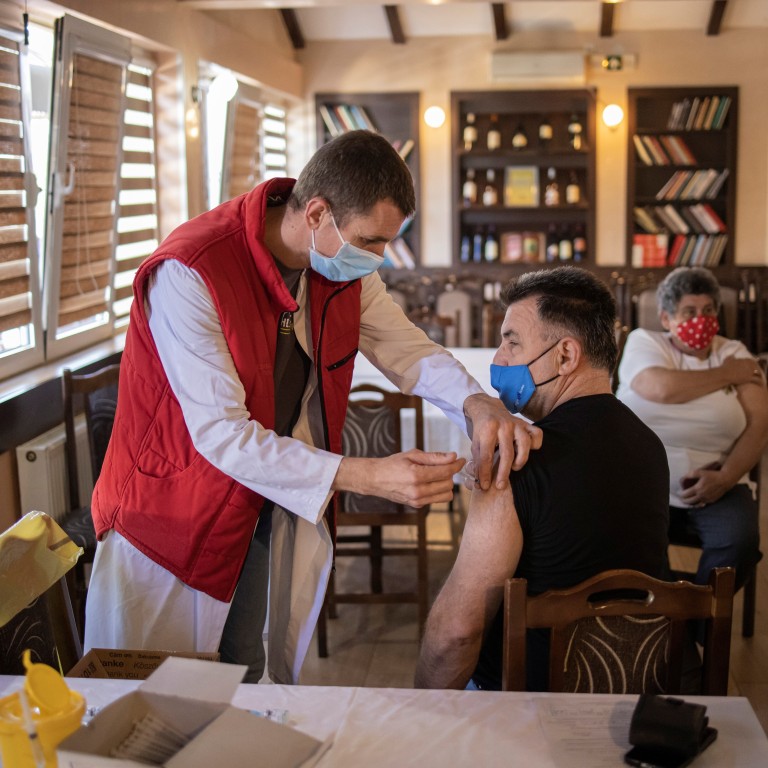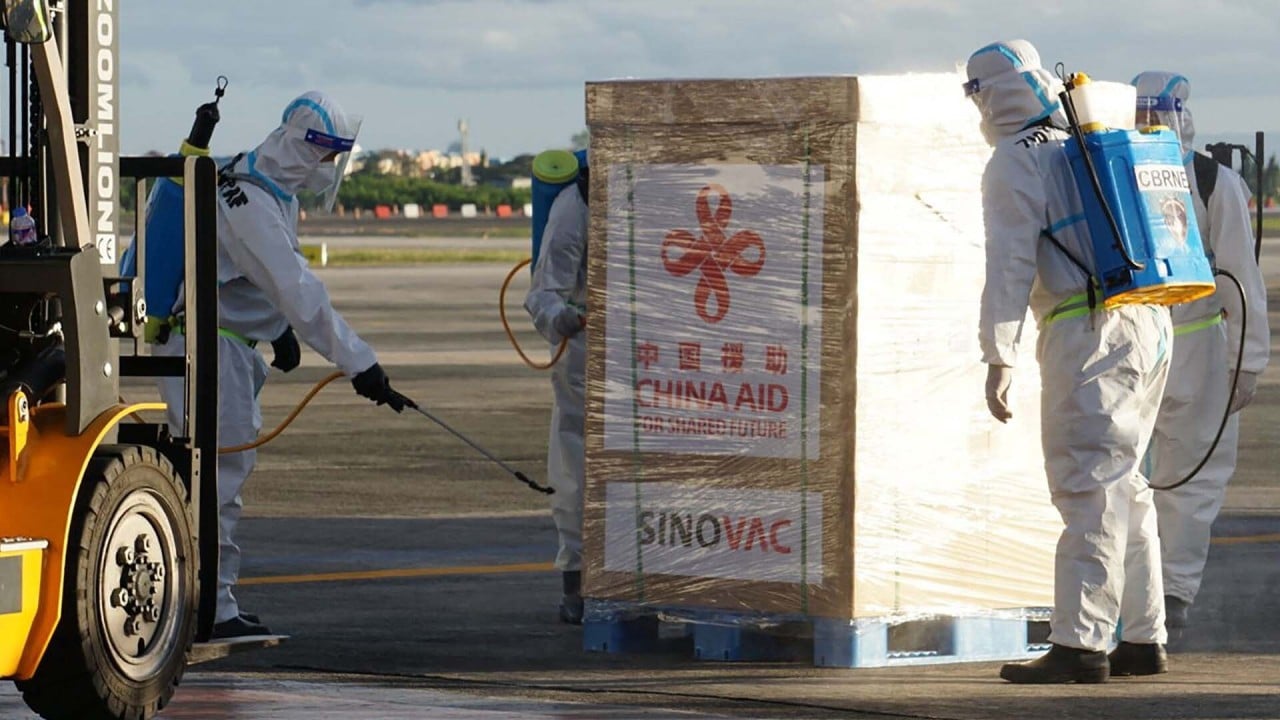
WHO nod is a major credibility boost for Beijing and Chinese pharmaceuticals
- Rather than political leverage, this reputational gain is the main prize of Chinese vaccine diplomacy and supports Beijing’s aspirations to global leadership
- Western competitors looking to challenge Beijing should do more to provide equitable vaccine access
Backing from the World Health Organization is a major step towards the two most important goals of China’s vaccine diplomacy – establishing the reputation of Chinese pharmaceuticals and burnishing Beijing’s image as champion of the Global South.
Beyond these, the WHO listing provides invaluable credibility to a vaccine that has faced scepticism from Western commentators.

06:18
SCMP Explains: What’s in a Covid-19 vaccine?
The creation of internationally competitive companies has been a formative part of China’s great power resurgence. Since the turn of the century, Beijing has encouraged Chinese companies to “go global”, and in the past decade, state subsidies and industrial policy have nurtured some world-leading enterprises.

03:05
China-made coronavirus vaccines widely distributed despite efficacy concerns
Rather than political leverage, this long-term reputational gain is the main prize of Chinese vaccine diplomacy. Transforming Chinese pharmaceutical brands will have political and economic effects that far outweigh any concessions Beijing might gain through withholding vaccine exports.
Beijing is not beyond economic coercion in response to perceived political slights, and myopic blunders from Chinese diplomats are increasingly common, but it is unlikely that attempts to withhold life-saving vaccine supplies are sanctioned by Beijing.
Why countries choose Chinese vaccines – it’s not political
Such attempts clearly come with severe reputational costs, and Beijing has far more to gain by positioning itself as leader of the Global South and a champion of equitable vaccine access. So far, it has made credible claims to be leading simply by showing up. Enabled by a scarcity of infections at home, China has led the world in supplying middle and lower income countries in the Global South that have been priced out of the competition for Western vaccines.
While rich nations fell over themselves to vaccinate at home, Beijing was donating and selling millions of doses overseas, plugging small gaps against a backdrop of extreme global scarcity.
Many countries in the Global South are already receptive to suggestions of Western self-interest, and the fact remains that China is doing more than the rich nations to plug gaps in global supply.
The credibility of this narrative, and the support that WHO approval lends it, is invaluable for Beijing’s posturing as leader of the developing world. Beijing has long recognised the importance of the support of developing countries in international affairs.

02:46
UK parliament declares Uygurs suffering ‘genocide’ in China’s Xinjiang
In its attempts to challenge US supremacy through the creation of a multipolar world order, diplomacy with developing countries has become increasingly valuable for Beijing, and the dynamics of vaccine exports have provided credible support for China’s claims to Global South leadership.
Rather than concerns that Beijing might use other countries’ dependence on Sinopharm and Sinovac, competition with China should focus on challenging Beijing’s aspirations to global leadership by doing more to provide equitable vaccine access.
We should all celebrate the WHO’s approval of the Sinopharm vaccine and the chance for China to properly participate in the Covax Facility, but with the virus spreading faster than ever and mutations becoming all the more likely, equitable access remains a pressing and unsolved problem.
Jacob Mardell is an analyst at the Mercator Institute for China Studies

